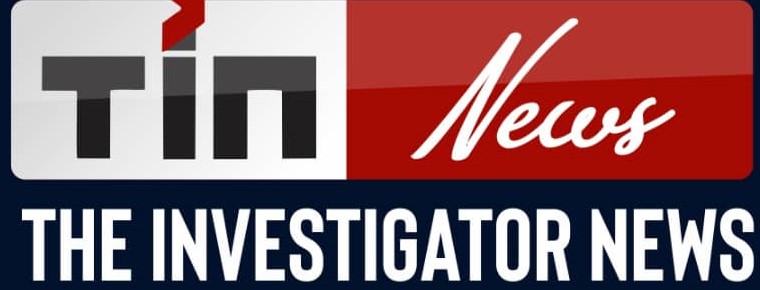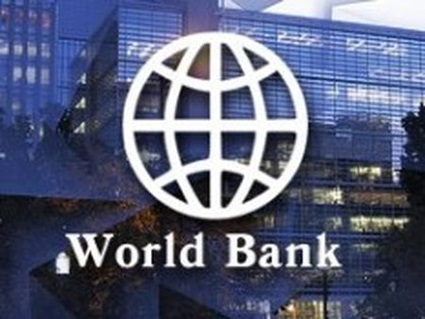The slow response of the Nigerian government to the inflation that is currently driving many Nigerians into poverty and food insecurity has come under fire from the World Bank.
Despite the World Bank projecting inflation to be 15.5% in 2022, Nigeria’s inflation as of May this year has accelerated to 17.71%, which is higher than the World Bank’s projection.
According to the World Bank, Nigeria could experience some of the highest rates of inflation worldwide in 2022, which would negatively impact household welfare in Nigeria.
The Continuing Urgency of Business Unusual, a report by the World Bank, stated that “despite the urgency, the government’s response over the last two years has not been adequate, and inflation has increased and fueled poverty and food insecurity.”
The financial institution also said that an additional 15 million Nigerians are expected to fall into poverty between 2020 and 2022 as a result of the inflation shock.

According to a different report from the Washington-based bank, the number of poor Nigerians is expected to reach 95.1 million in 2022. The bank also cautioned that many Nigerians who are not currently poor could become poor with just one minor setback.
The lender claims that climatic or political issues could cause such a shock, endangering Nigeria’s efforts to combat poverty.
In spite of the fact that an estimated eight million Nigerians fell below the poverty line as a result of the inflation shock in 2021, the World Bank claimed that the Federal Government of Nigeria did not take any coordinated action to reduce inflation.



